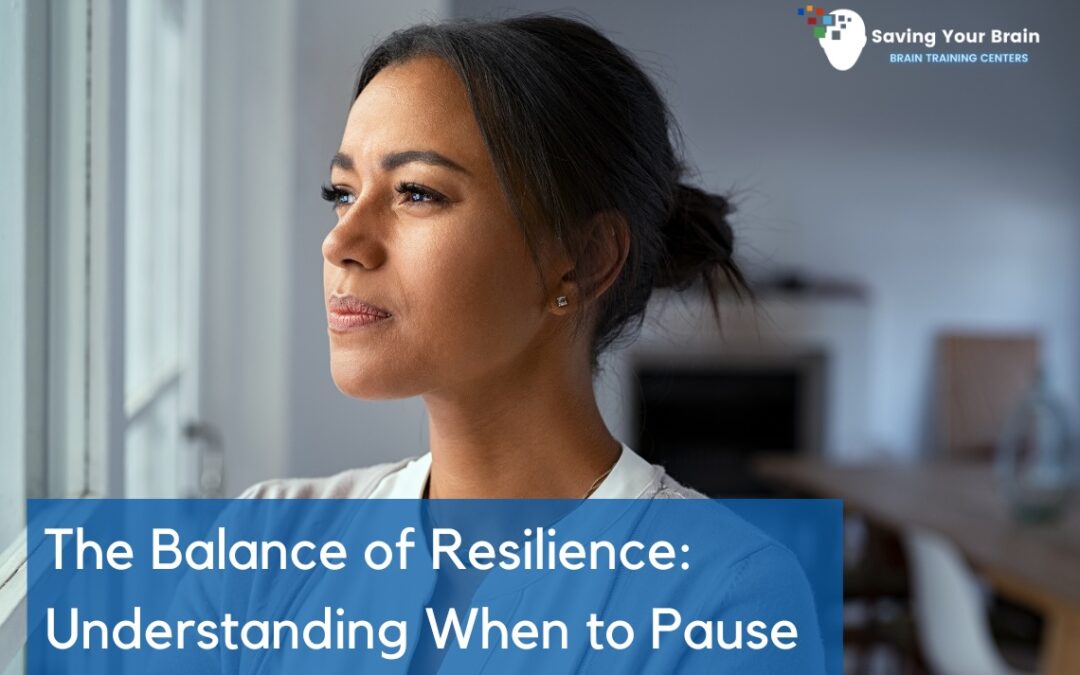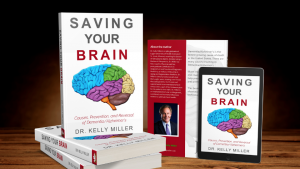Are You Pushing Too Hard?
In the hustle and bustle of modern life, the concept of resilience is often celebrated as a virtue. We’re expected to push through challenges, overcome obstacles, and emerge stronger on the other side. However, in our relentless pursuit of resilience, do we sometimes forget to pause and acknowledge our own limits?
At Saving Your Brain, we believe that true resilience isn’t about constantly pushing yourself to the brink of exhaustion. It’s about finding a balance between perseverance and self-care, recognizing when it’s okay to give yourself a break without feeling guilty.
In today’s society, the pressure to be resilient comes from all directions. Our bosses expect us to soldier on despite overwhelming workloads, while societal norms glorify those who appear tough and unwavering in the face of adversity. But at what cost?
Understanding Healthy Resilience
Healthy resilience isn’t about ignoring your emotions or pretending everything is fine when it’s not. It’s about being emotionally aware and knowing when to seek support or take a step back to recharge. Unfortunately, the relentless pursuit of resilience can often lead to detrimental effects on our mental and physical health.
When stress becomes excessive, the brain undergoes significant changes that can have long-lasting consequences. Chronic stress can lead to an overactivation of the body’s stress response system, flooding the brain with hormones like cortisol and adrenaline. Over time, this can impair cognitive function, weaken the immune system, and increase the risk of anxiety, depression, and insomnia.
Anxiety, in particular, can wreak havoc on the brain. It can lead to an overactive amygdala, the brain’s fear center, which can impair decision-making and emotional regulation. Additionally, the lack of sleep associated with chronic stress and anxiety can further exacerbate these cognitive impairments, as sleep plays a crucial role in consolidating memories and restoring brain function.
But the good news is that the brain is remarkably adaptable and can change in response to experiences and interventions. This phenomenon, known as neuroplasticity, means that we can train the brain to become more resilient and function more efficiently.
Brain Training Can Help Bring Back Balance
At Saving Your Brain, we offer non-invasive programs designed to harness the brain’s neuroplasticity and strengthen pathways for better brain function.
These programs include: neurofeedback, balance tracks, Brain Tap Technologies, Right Eye, Neurosage, and QEEG, among others. By engaging in these programs, individuals can rewire their brains to better cope with stress, regulate emotions, and improve cognitive function.
So if you find yourself struggling to keep up with the demands of modern life, remember that it’s okay to press pause and prioritize your own well-being. At Saving Your Brain, we’re here to support you on your journey to a healthier, more balanced approach to resilience. Schedule a consultation today and take the first step towards saving your brain.
Remember, resilience isn’t about enduring hardship at all costs—it’s about finding strength in vulnerability and knowing when to ask for help. Together, we can build a brighter, more resilient future for ourselves and those around us.
Book a Telehealth Consultation with Dr. Miller Today – Click here to get started>>


